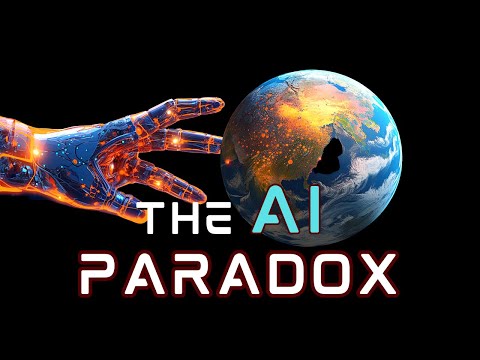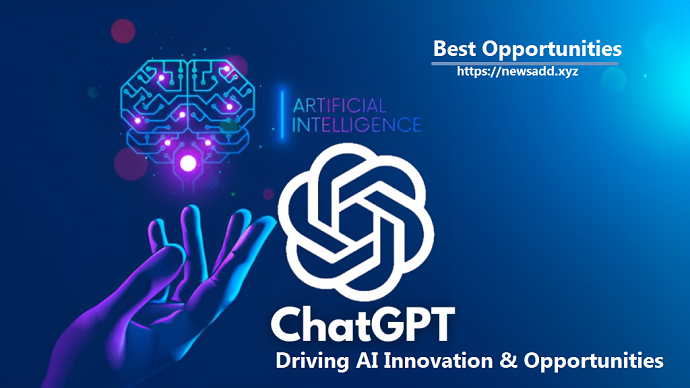Artificial Intelligence (AI) has rapidly evolved from being an experimental technology to becoming a mainstream tool that powers industries across the globe. From automating routine tasks to generating creative content and improving decision-making, AI is dramatically boosting productivity and efficiency.
🔹 Boosting Productivity
Businesses are adopting AI-driven tools for data analysis, customer support, content creation, and even software development. Tools like ChatGPT, Copilot, and AI-powered design platforms are reducing workload, saving time, and allowing professionals to focus on higher-value tasks.
🔹 The Ethical Concerns
However, the rise of AI has also introduced significant ethical challenges. Questions around job displacement, bias in AI algorithms, privacy risks, and lack of accountability are raising red flags. For example, while AI can analyze large datasets in seconds, biased training data can lead to discriminatory outcomes—affecting everything from hiring to financial decisions.
🔹 Striking the Balance
The paradox is clear: AI offers unprecedented productivity gains but also raises urgent ethical questions. Policymakers, businesses, and technology leaders must find ways to balance innovation with responsibility. Transparency, regulation, and ethical frameworks will be critical to ensuring AI benefits society without causing harm.
As AI continues to evolve, the challenge remains: Can we harness its potential while safeguarding fairness, accountability, and human values?













